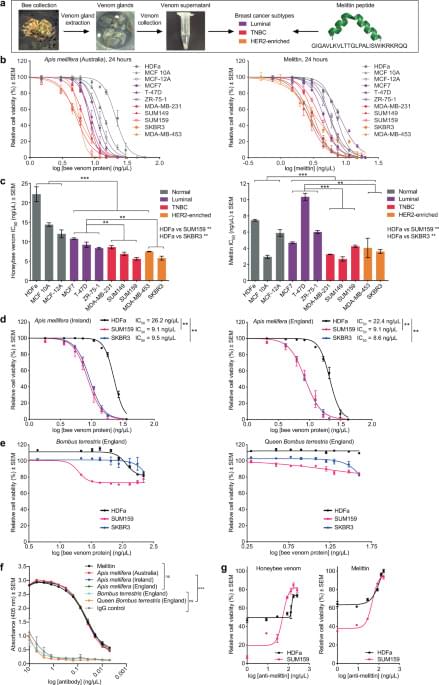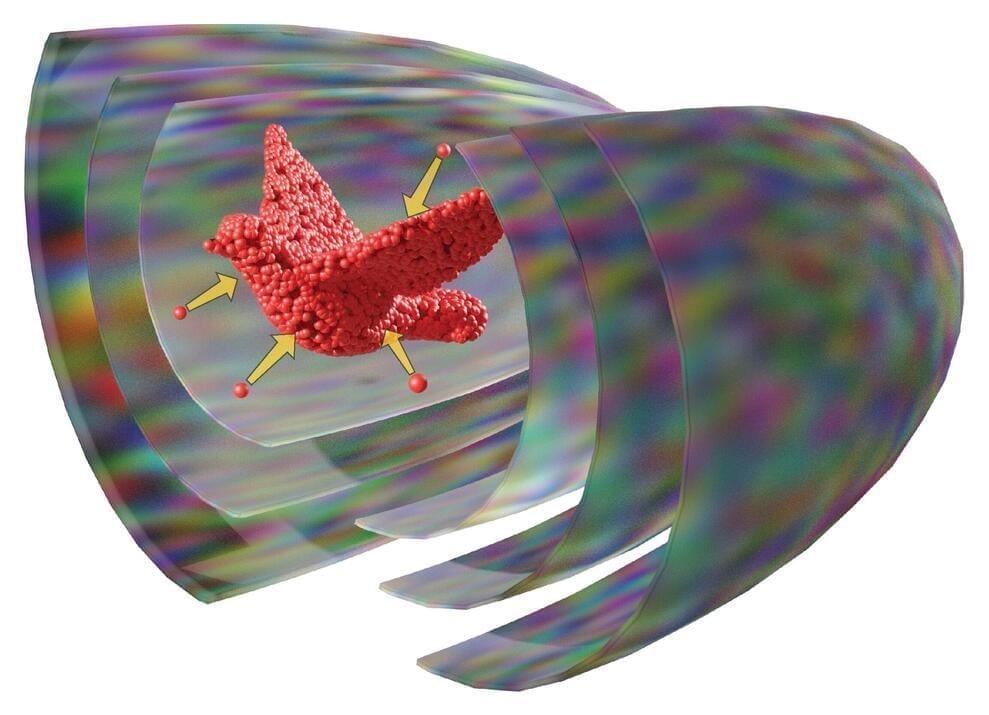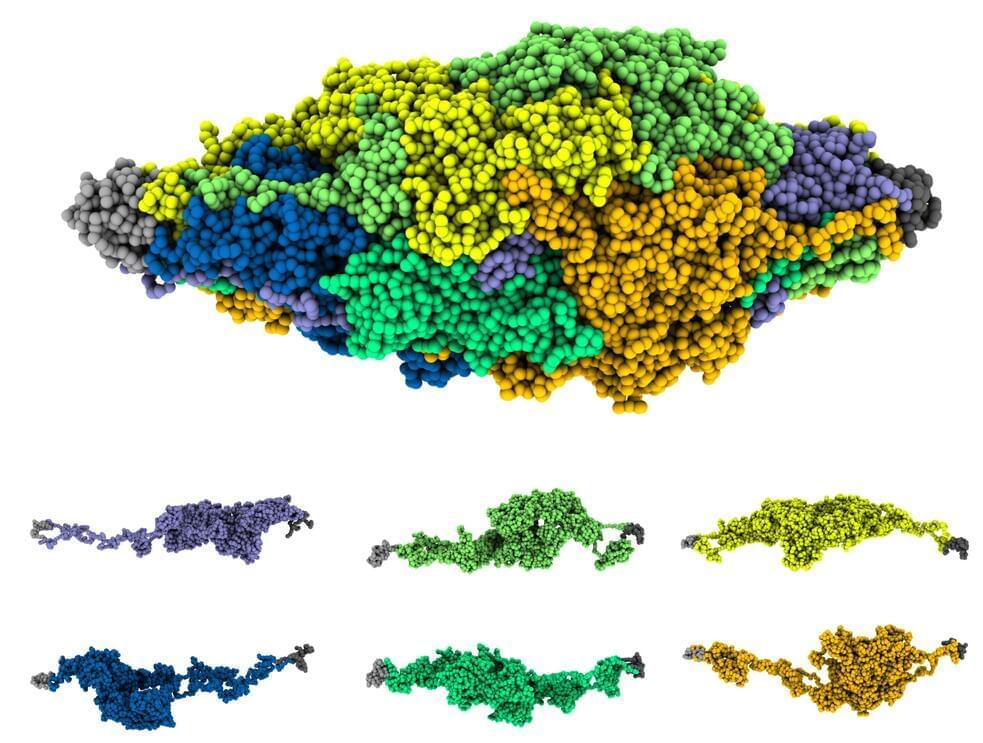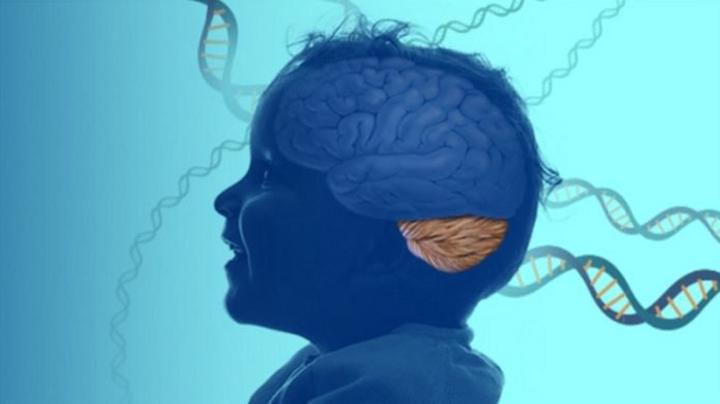This has been the news lately. This is a good breakdown of info and apparently Katcher wishes to do dog trials.
In this video we provide a quick update on activities at Yuvan Research. It is very exciting to see that Sima, the last remaining rat in the E5 trial is still alive and has surpassed the age of the previous record for lifespan of a Sprague Dawley rat.
Dr Katcher’s Interview: _https://www.youtube.com/watch?v=DpIbEluiN3o_
NTZ Newsletter sign up: _https://www.ntzplural.com/newsletter_
Article in the Guardian: _https://www.theguardian.com/science/2023/feb/08/anti-ageing-…g-lab-rat_
Renue By Science 10% of all products: https://tinyurl.com/4yrf4tv3
*Renue By Science* 10% : _https://tinyurl.com/4yrf4tv3_
Use SUBMHS when buying subscriptions for a continued discount of renewal orders.
*DoNotAge* 10% discount code MODERNHEALTHSPAN _https://donotage.org/products/_
*ProHealth* 10% discount Code MODERN : _https://prohealth.pxf.io/c/3176409/1541296/17976_
*NOVOS* Core & NOVOS Boost $5 off with code MODERN5 _https://novoslabs.com/?ref=3957_
*Bulletproof* 15% off with coupon code: HEALTHSPAN15: _https://tinyurl.com/4npjk5vp_
☕If you would like to support our channel, we’d love a coffee…thank you! _https://www.buymeacoffee.com/mhealthspan_





